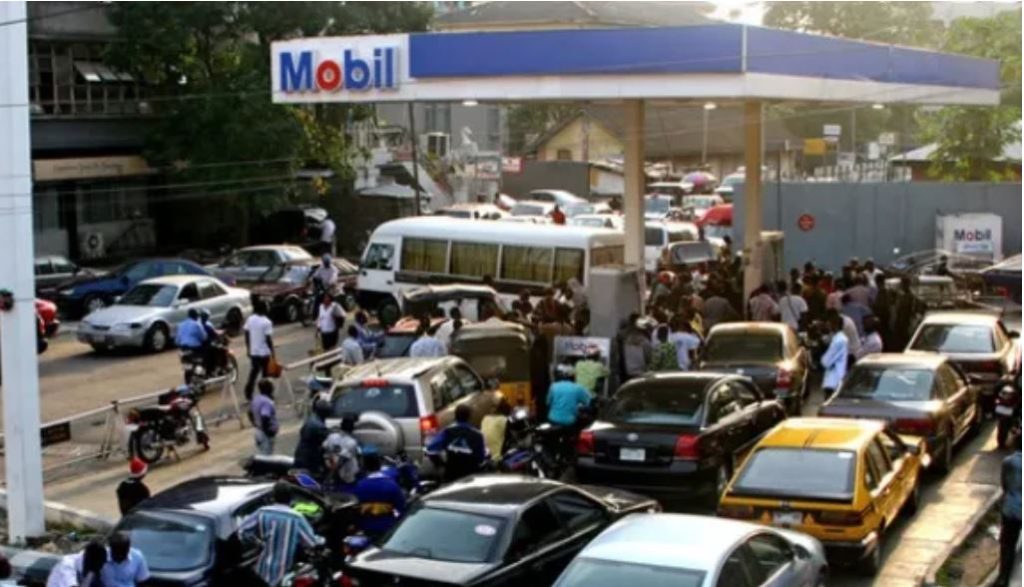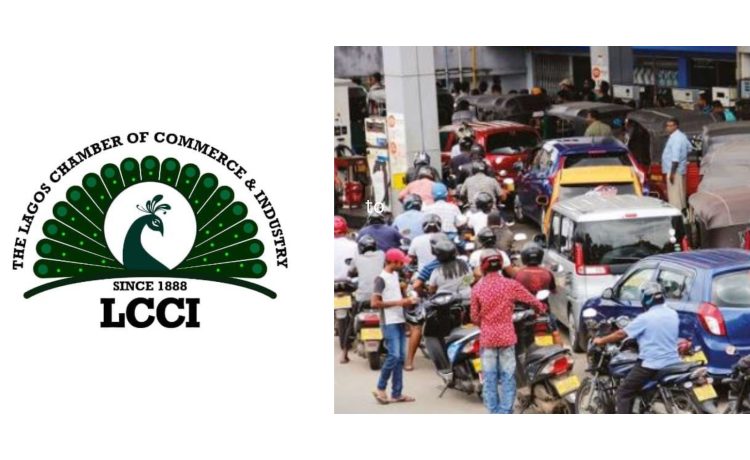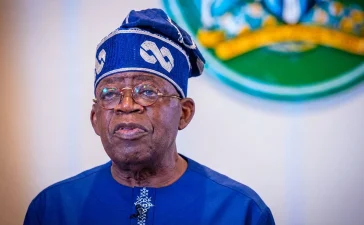The Lagos Chamber of Commerce and Industry (LCCI) has reiterated its stance that the current petrol subsidy is unsustainable. With the official price of petrol now at N855 per liter, the gap between the landing cost and the former price of N568, which was previously charged by the Nigerian National Petroleum Corporation (NNPC), has significantly narrowed. However, this shortfall has burdened the nation with a debt of over N10 trillion.

While the gradual reduction of the subsidy has eased some pressure on government finances, the complete removal of the subsidy would present challenges. Nigerians would be exposed to a substantial increase in fuel prices, likely triggering a rise in the prices of goods and services across the board. This could reverse the marginal reduction in inflation recorded in July, pushing inflation rates back up. The government’s challenge is balancing fiscal responsibility with minimizing economic hardship on citizens.
The effect on businesses is anticipated to be profound. Higher fuel prices will impact logistics, transportation, power generation, and factory operations, leading to increased production costs. This is likely to result in higher consumer prices, weaker demand, and the potential closure of some firms unable to cope with rising expenses, leading to job losses.
Compounding this is NNPC’s $6 billion debt to fuel suppliers. The arrival of the Dangote Refinery, now producing fuel and diesel for sale, is seen as a major turning point. The refinery’s operations are expected to help stabilize the market, offering a long-term solution to the country’s fuel import dependency.
The LCCI has recommended that the government accelerate the development of more local refineries to meet domestic demand. This would reduce the need for fuel imports, save foreign exchange, and allow for potential exports across Africa, contributing to the nation’s economic growth.
In the short term, the Chamber advocates for the Port Harcourt Refinery to begin operations as soon as possible, operating in tandem with the Dangote Refinery to sustain local fuel supplies. By relying on domestic production, Nigeria can work towards a price equilibrium, ensuring that supply meets demand without drastic hikes in fuel prices. This, according to the LCCI, is the most viable strategy to stabilize the oil and gas sector and reduce the economic strain on the country.







